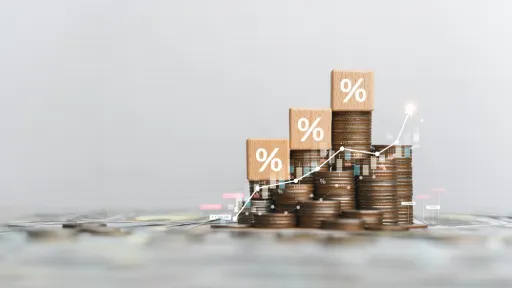In today’s fast-paced financial world, understanding how long does it take direct deposit to go through is essential for managing your money effectively. Whether you’re waiting for your paycheck, government benefits, or any other incoming funds, knowing the timeline of direct deposits can ease worries and help you plan your expenses better.
How Long Does It Take Direct Deposit to Go Through?
Direct deposit is a convenient and secure way to transfer money directly into your bank account. However, the exact time it takes for a direct deposit to go through can vary depending on several factors. Typically, direct deposits are processed within 1 to 3 business days, but many people receive their funds as quickly as the morning of the scheduled payday.
Factors Affecting the Timing of Direct Deposits
Several key factors influence how long it takes for a direct deposit to be completed:
- Bank Processing Times: Different banks have varying internal procedures and cut-off times for processing payments.
- Type of Payment: Payroll direct deposits often arrive faster than government payments or tax refunds.
- Weekend and Holidays: Deposits initiated on weekends or federal holidays may experience delays due to non-business days.
- Employer or Payer Schedule: Some employers submit payroll batches early, which speeds up deposit arrival.
- Initial vs. Recurring Deposits: Your first direct deposit to a new account may take longer than subsequent ones.
Standard Direct Deposit Timeline
Generally, direct deposits follow this timeline:
- Day 1 (Submission): The payer submits the direct deposit through their bank or payment processor.
- Day 2 (Processing): The receiving bank processes the deposit during their business hours.
- Day 3 (Funds Availability): Funds are typically available in the recipient’s account by the morning of the third business day.
How to Speed Up Direct Deposit Processing
While some factors are outside your control, there are ways to ensure your direct deposits are processed as quickly as possible:
- Confirm Bank Details: Double-check account numbers and routing numbers to avoid rejections or delays.
- Use a Trusted Employer or Payer: Ensure your employer or payer has a good track record of timely payments.
- Avoid Weekends and Holidays: Understand when payments are submitted to anticipate when funds will hit your account.
- Opt for Early Deposit Programs: Some banks offer early direct deposit options for customers.
Common Questions About Direct Deposit Timing
Can I get paid earlier with direct deposit?
Sometimes yes. Some employers and banks provide early direct deposit programs that make your paycheck available before the actual payday.
Why is my direct deposit delayed?
Delays can occur due to incorrect bank details, federal holidays, weekend processing, or issues on the employer’s end submitting the payment.
Does the bank charge for direct deposit?
Most banks do not charge fees for receiving direct deposits; check with your bank to be certain.
Benefits of Using Direct Deposit
Understanding how long does it take direct deposit to go through also highlights the many benefits of using this payment method:
- Speed and Convenience: Faster access to funds without waiting for checks to clear.
- Safety: Eliminates risks associated with lost or stolen paper checks.
- Reliability: Payments are consistent and on scheduled dates.
- Environmentally Friendly: Reduces paper use and waste.
Conclusion
Knowing how long does it take direct deposit to go through empowers you to manage your finances with confidence and plan ahead for bills and expenditures. While most direct deposits arrive within 1 to 3 business days, understanding factors that influence the timeline and adopting best practices can help you enjoy faster and smoother transactions. Embracing direct deposit is a smart step towards streamlined, secure, and timely financial management in the digital age.


